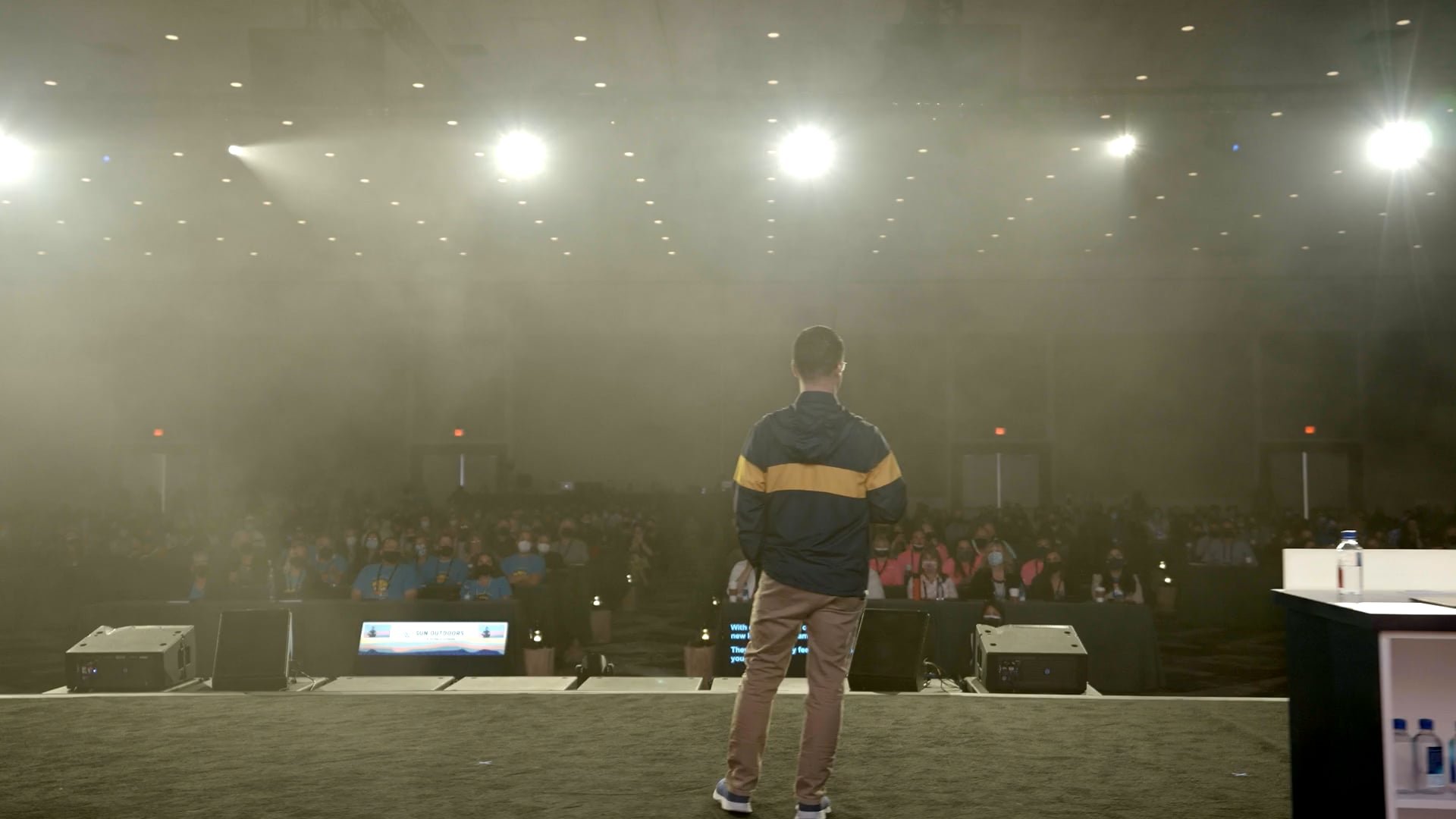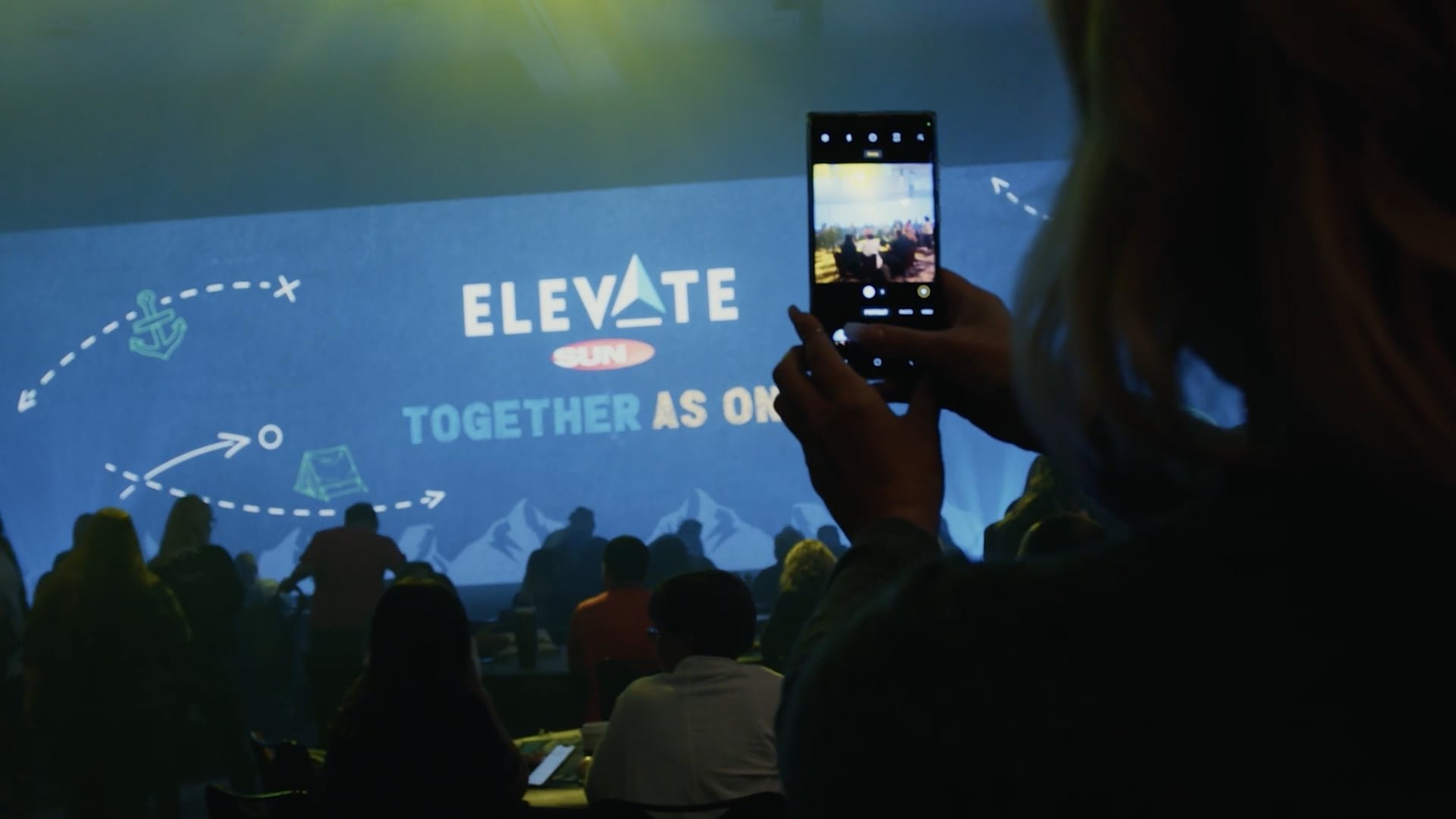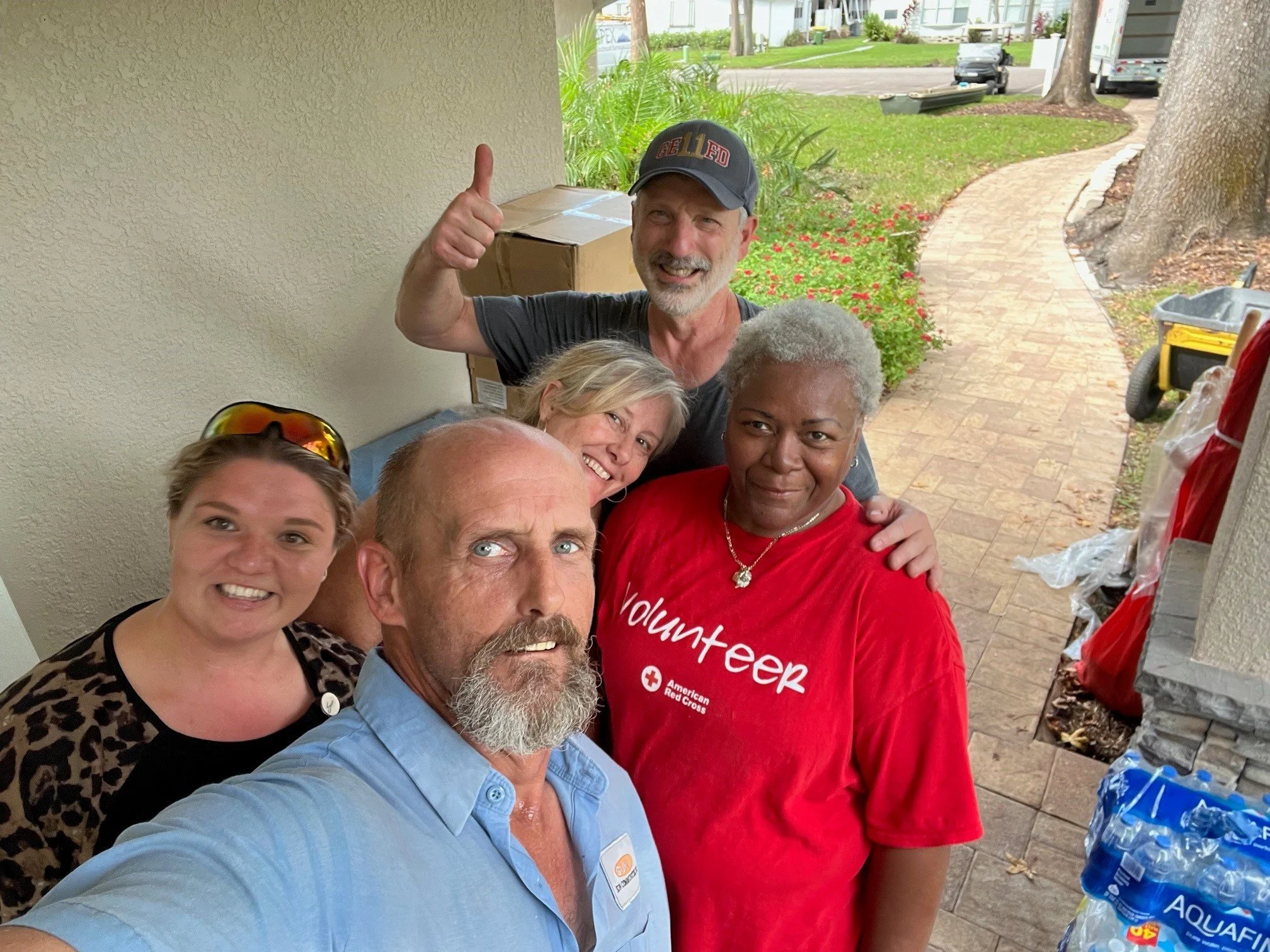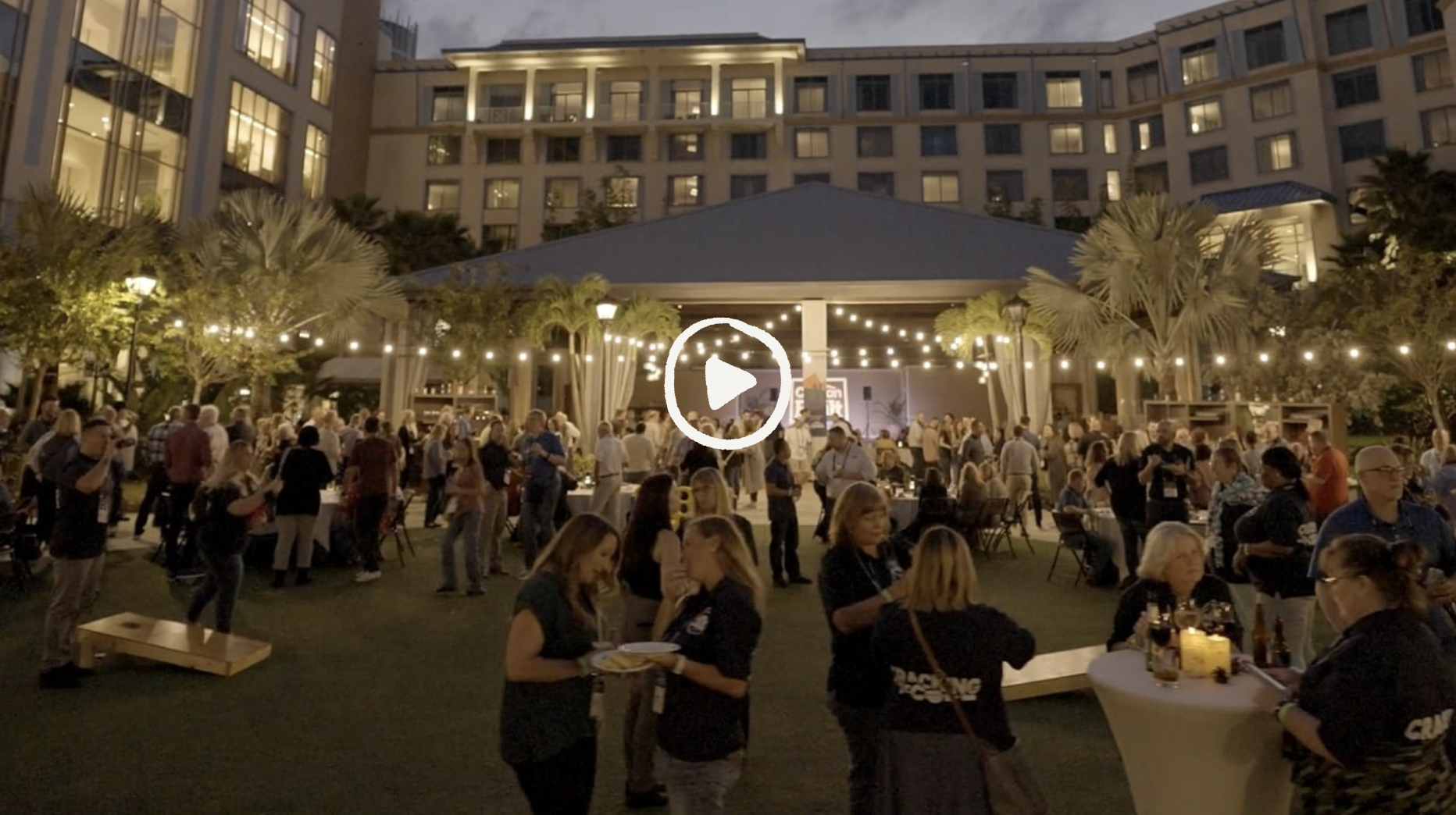Who Cares About Employee Engagement?
We had a conversation with Marc Farrugia from Sun Communities about the key to Employee Engagement. As Executive Vice President and Chief Administrative Officer, Marc offers a unique, high-level perspective on how Company Culture, Employer Brand and CSR can impact Employee Engagement. Our discussion delved into foundational strategic questions:
Who is responsible for Employee Engagement in the organization?
How do you invigorate Employee Engagement and how to measure it?
How is Corporate Social Responsibility tied to Employee Engagement?
What department of the organization should own it?
According to Marc, the answers to these questions depend on what type of results you want.
p3: Who's focused on retention in the organization; reminding employees about the culture they are a part of and why they belong?
Marc: All our leaders across the organization have to be focused on this every day. It's all about how we reinforce what the company stands for, how we coach and train our teams to interact with clients, how team members respond to their coworkers via email or on Zoom meetings or in a conference room. It's what happens all day, every day as influenced by the leader who's setting an example.
p3: Is it challenging for an organization to maintain this type of employee engagement and reinforcement?
Marc: Definitely. You have to put a lot of time and investment into developing new, engaging and creative ways for leaders to connect with their team. And then provide them the tools to be successful. It never stops.
p3: Are there any formal structures Sun Communities has put into place to promote employee engagement?
Marc: We have a team that's actually called the Culture and Communication Team, and they're focused on internal communication, enriching and developing the culture internally. It's all about connecting our people with the resources they need to effectively perform their jobs, to interact with them in a way that reinforces our culture. That's been a very conscious effort and that group is totally separate from our external communications/investor relations team. The culture and communication team is almost like a branch of our HR/people team.
p3: Is there a connection between CSR and employee engagement/ employer brand?
Marc: I definitely think that there is. I've read countless white papers and studies that all very clearly indicate that, especially the workforce coming of college right now, CSR and DEI are ultimately very important factors for them in where they choose to work. I think it has to be part of your brand and you must be able to tell that story in an engaging and authentic way if you want to attract good people.
p3: Is Corporate Social Responsibility connected to HR or Corporate Communications?
Marc: I've seen or had experiences with both. At Sun, for example, the social responsibility function and the person who leads that team is connected to HR because we want it to have the closest connection possible to our people. Whereas, sometimes the corporate communications team plays a larger role and may have more of an external focus. In short, I've seen it both ways and I think it just depends on the organization and how they feel it fits in their strategy.
p3: What is the role of CSR for Sun Communities?
Marc: At Sun, I think we take a bit more of a humble approach and we don't focus much on the PR opportunity that can come with CSR efforts. I look at it as an opportunity to do what we feel is right by taking care of others, making responsible decisions, and ensuring our actions align with who we want to be as an organization.
p3: What are some of the factors driving companies to focus more on CSR?
Marc: For public companies in particular, there's a lot of movement towards more defined reporting and actually scoring of corporations so that the marketplace can more easily evaluate how committed companies are to CSR. Today, there are environmental, social, & governance groups that seek information from us. There’s simply more of a need to be more open and transparent about all the things we’re doing in this space.
p3: How does Sun measure success in the category of CSR?
Marc: I think it’s about what our team members say about their experience in working with Sun, us hearing what's important to them, and then us executing on it in a kind of 360 feedback circle. We do what we think is right, we put emphasis on it and we put investment into it. Above all, we're always looking for our team to reinforce our efforts and say, ‘yes, I feel like you make it possible for me to have a bigger impact than I could have on my own.’
At the same time, we are responding to surveys and focusing on improving our scores. So, we're kind of measuring it in both ways.
p3: What does success look like when CSR is driven by HR?
Marc: To some degree it comes in the form of surveys, like with ‘Best Places to Work’. But I think more importantly it's things like at Elevate (our company-wide event) when you see how excited everyone gets to participate in charitable outreach activities. You can just see the energy in the team is real and afterward you hear them talking about it. That's a real-life way to know how the team feels about our collective efforts.
p3: What is Sun doing right to get that kind of engagement?
Marc: I think we are doing the right thing in how we talk about our CSR initiatives and how it is tied to the culture of our company and the people of our company. I believe this attracts the right people to Sun. We're looking for people who actually care about more than just themselves. We want people who are sincerely dedicated to making the communities they live and work in better. And we see that amplified at Elevate (our company event) when there's such a large volume of people who get fired up to be able to volunteer together for a local charity or run a 5K together. It reinforces to me that we do have a strong culture of individuals who ultimately want to help others. Continuing to do that is going to pay dividends both financially and otherwise.
p3’s Takeaway
By investing time and resources into creating and maintaining a purpose-driven culture, organizations can reap the benefits both financially and ethically. Achieving this is a shared responsibility led by individual leaders at every level of the organization; champions of culture dedicated to promoting Employee Engagement.
Special Thanks to Marc Farrugia for taking the time to participate in this conversation and for his willingness to share these valuable insights!
To see Sun's culture in action, check out the recap video we created for their company-wide event.











